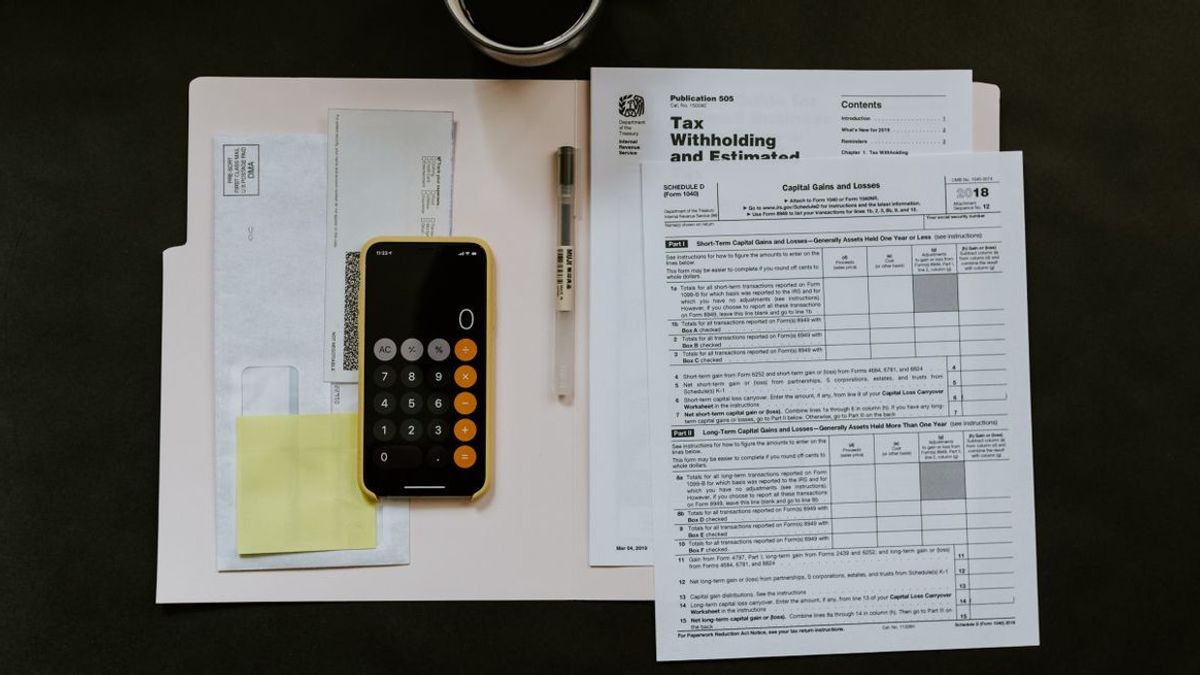YOGYAKARTA Every taxpayer needs to get to know self-assessment in the tax system. Through the self-assessment system, each taxpayer is given the trust to calculate for himself how much tax he owes, deposit his own tax, and report his own tax obligations.
So, what is self-assessment in the tax system? What are the advantages and disadvantages? The answer to this question can be seen in the following explanation.
Self assessment in the tax system in Indonesia is a tax collection system that trusts taxpayers to calculate, pay, and report for themselves the amount of tax that should be payable based on tax laws and regulations.
The implementation of self-assessment is a characteristic of the tax collection system in Indonesia. This is in accordance with Law Number 16 of 2009 concerning Stipulation of Government Regulations in Lieu of Law Number 5 of 2008 concerning Fourth Amendment to Law Number 6 of 1983 concerning General Provisions and Tax Procedures into Laws.
In addition, the self-assessment system is also regulated in Article 12 paragraph (1) of Law Number 28 of 2007 concerning General Provisions and Tax Procedures (UU KUP).
In this article, it is said that every taxpayer must pay a debted tax in accordance with the provisions of the tax laws and regulations, by not indicating that there is a tax stipulation letter.
This means that the self-assessment system tends to focus on the active role of taxpayers in collecting taxes. Meanwhile, institutions that collect taxes only act as supervisors and law enforcers.
However, the Directorate General of Taxes has the authority to issue Underpayment Tax Assessment Letters (SKPKB) in certain cases. For example, when based on examination or other information, taxpayers do not fulfill formal obligations or material obligations.
This has also been regulated in Article 13 paragraph (1) of the KUP Law, which within 5 years after the tax is payable or the end of the tax period, the tax year or tax year, DGT has the right to issue SPKB due to several conditions, such as:
SEE ALSO:
The implementation of self-assessment in the tax system in Indonesia can provide a number of benefits, including:
This is information about self-assessment in the tax system in Indonesia. Hopefully this information can add insight to the loyal readers of VOI.ID.
The English, Chinese, Japanese, Arabic, and French versions are automatically generated by the AI. So there may still be inaccuracies in translating, please always see Indonesian as our main language. (system supported by DigitalSiber.id)
















